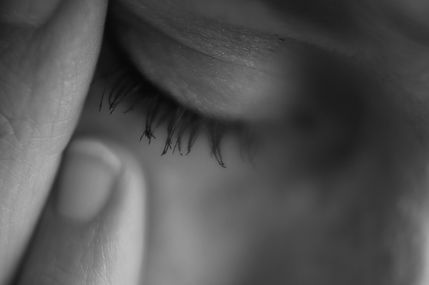
An ocular migraine is temporary loss of vision or experience with strange and unusual visual phenomena. An ocular migraine typically lasts about 15-30 minutes and does not cause any direct pain. However, it can be very scary; imagine this occuring while driving on the highway? It could lead to a fatal car crash (you should always pull over safely as soon as possible if you start to notice symptoms). If the ocular migraine is followed by a headache, we then rename the condition to ‘classical migraine with aura.’
Who is at risk?
While there is no exact understanding of the mechanism that triggers the attack (if we knew, we could target it directly with medicine), there are observed clinician tendencies:
- Women tend to have more ocular migraines than men.
- Patients in their 30’s and 40’s tend to get more ocular migraines, but they can begin as early as puberty.
- A family history of ocular migraines increases one’s chances of having them.
- Various trigger foods like wine, red meat, and figs can also incite a problem.
The general theory suggests that spasming of blood vessels deep in the brain create a specific strain on the visual cortex, causing the eyes to perceive strange visual auras. Remember, we don’t actually see with our eyes, we see with our brain.
How do we treat it when we don’t know the exact cause?
Keep a journal; the best thing you can do is write down your experience. Identify your personal triggers and try to avoid those triggers in the future. Once the episode begins, try to find a place to relax, close your eyes and sleep if possible. Aspirin and Tylenol will help relieve inflammation in the body (and the brain) and will usually be effective, especially if a headache is present. Other than these generic tips, make sure to see your eye doctor to rule out other more serious problems which can mimic the symptoms of an ocular migraine.


